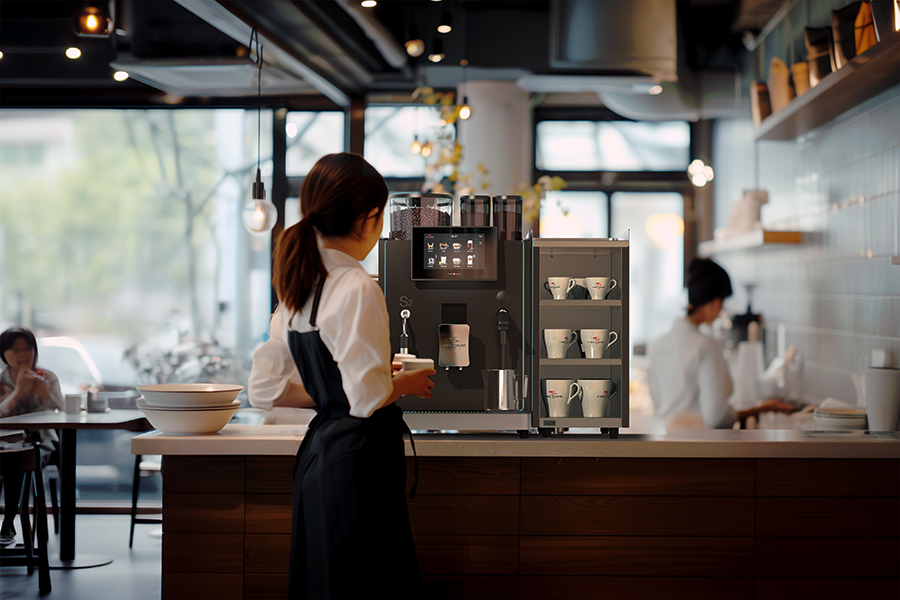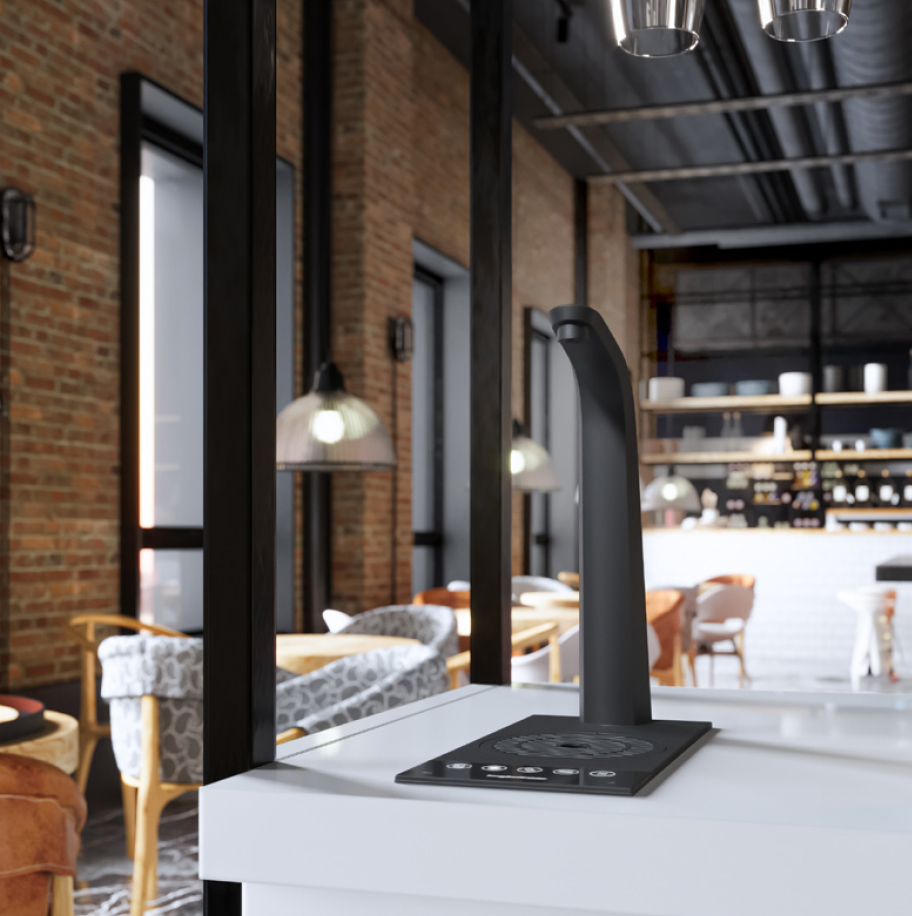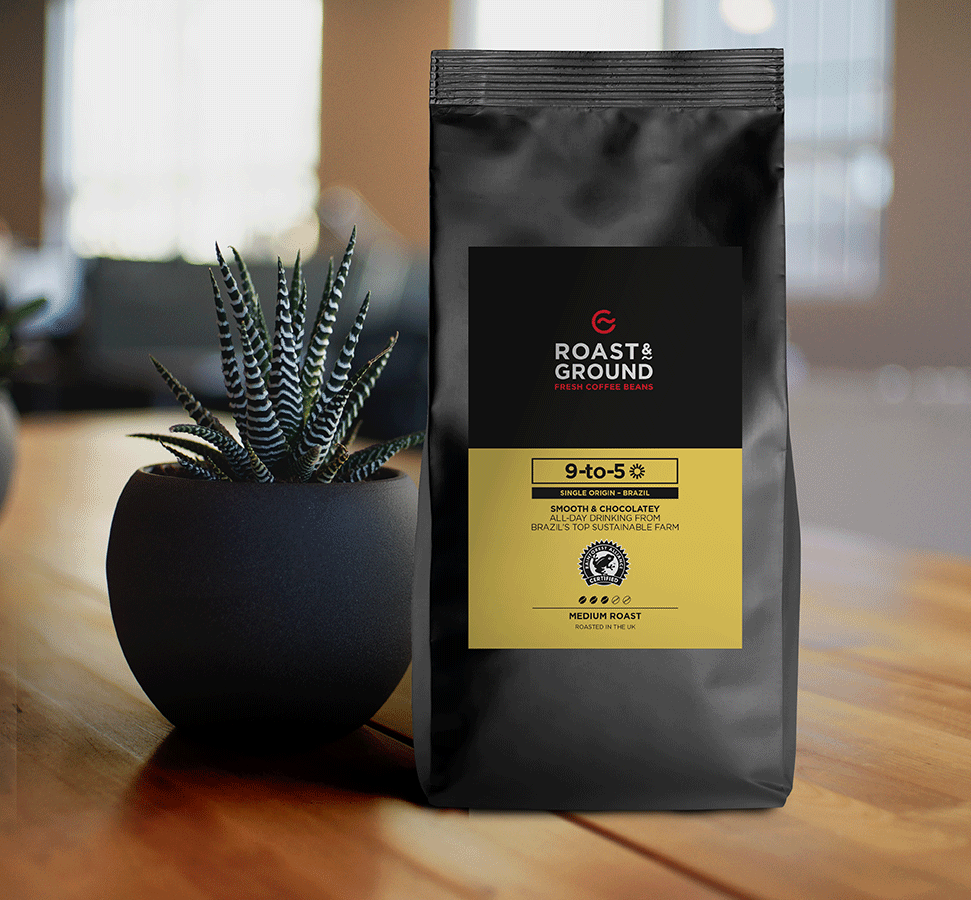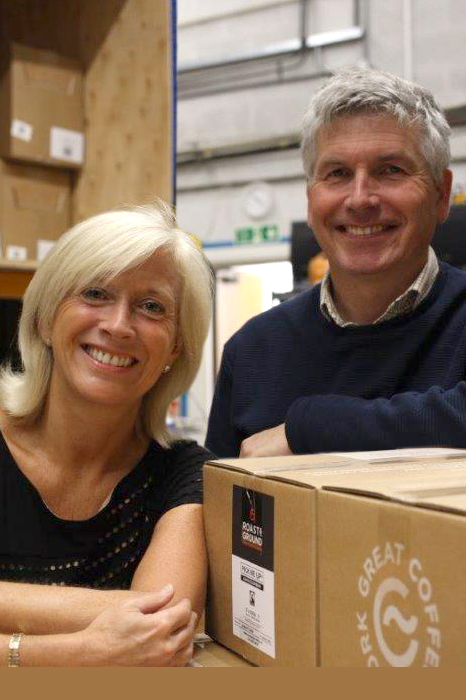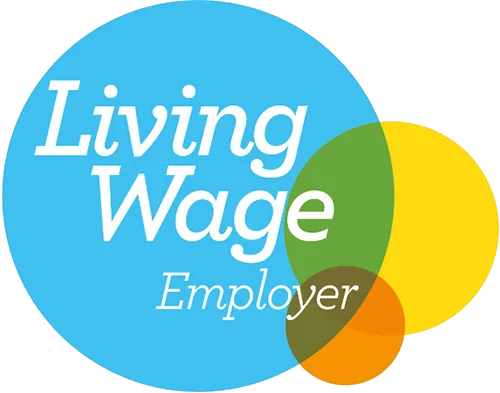It's difficult to know which workplace coffee cups to choose - compostable or reusable? Let's take a look at the things you should consider.
Coffee shops the length and breadth of the UK have been hitting the headlines and taking up column inches. They're under the spotlight for not using recyclable coffee cups. The problem is two-fold…

First, 99.75% of all coffee cups aren’t recycled. The main reason for which is because many have a plastic lining. These linings are neither recyclable nor compostable.
Second, even in chains where coffee cups are plant-based, their patrons dispose of them in rubbish bins. These cups get sent straight off to landfill and are not recycled.
In truth there is no simple solution and getting the balance right is no mean feat. But as a socially-responsible company, you might want to start by tackling two key issues…
- Choosing the right coffee cup products, and
- Encouraging colleagues to recycle or reuse.
No easy feats. So let’s take a look at your options, when it comes to earth-loving coffee cups.
Compostable and recyclable coffee cups
For environmentally-friendly coffee cups, technology has finally come of age – leading to cups that still keep the heat in, while ensuring the user’s hands aren’t burnt. It’s important to know difference between compostable cups and biodegradable cups.
Biodegradable can describe anything that will break down in the environment. This means it could be reused in items that then leave harmful elements behind in its future use. It can also take a very long time.
On the other hand, compostable means that the item is made from natural matter and will completely rot down while leading to a nutrient-rich soil. A cup that is commercially compostable will breakdown at much quicker speeds - often around 12 weeks.
So compostable coffee cups are the clear winner between the two.
However, currently composting collections are still regional rather than UK-wide, but companies are driving change. Vegware for example, are proud to be active in this arena. Their Environmental team are the UK’s experts on routes to commercial composting and have been working on this full-time since 2012. Many waste collectors around the UK have an existing collection route taking used Vegware for commercial composting with food waste.
To help more customers access commercial composting, Vegware launched its own collection service called Close The Loop. This service is already available in Scotland, Bristol, Gloucester and Worcester, with further expansion in development.
Single use and recyclable versus reusable coffee cups
While some cups can be ploughed back into the paper chain, they are still single use. These cups are a huge burden on the planet. When we say huge, we mean that we use 7 million disposable coffee cups EVERY, SINGLE, DAY. Having done the maths, research has found that we’ve sent 2,000,000,000,000 cups to landfill since their introduction (which was just three decades ago). That means that the average life span of a single-use cup is just 13 short minutes.
Many believe recycling is not the answer and that the answer lies in reuse. If you want to go all the way with your green coffee policy, you need a cup that’s reusable and dishwasher safe, while being made from a sustainable resource. For which, savvy solutions come in the form of bamboo cups and cups made from rice husks.
Bamboo is the fastest growing plant on the planet (making it a super sustainable material). It’s also incredibly tough (and ideal for standing up to the hottest of dishwashers). Cups made from rice husks, the outer shell of a grain of rice, cleverly use the natural bi-product of rice milling.
Of course, another credible solution for the workplace is the good old-fashioned china mug. We are seeing more and more of our customers choose cup warmers to display them alongside their bean-to-cup coffee machines.
A final word on…. lids and air miles
An often-overlooked factor of eco-friendly coffee cups is the lid that accompanies them, and the air miles they may have travelled to reach your desk.
For lids, weigh up your options between those that are reusable and silicone-based, and the alternative of ‘CPLA biodegradable’. CPLA stands for ‘Crystallised Polylactic Acid’, which is a type of biodegradable plastic created from environmentally-sound, renewable resources (such as corn or sugarcane). As for air miles – the closer a coffee cup is manufactured to the UK, the lower the carbon footprint will be. Many eco-coffee cup brands make a point of emphasising where their cups are made, such as Vegware double wall cups, and Love Nature cups which are manufactured in Gosport.
Despite the hurdles, we take pride in being socially responsible. Which is why we’re proud to bring you a fresh line-up of coffee cups for your staff to stay green, while enjoying their workplace drinks on the go.
Get in touch if you’d like to discuss the options for your workplace or explore our fresh range of eco-cup solutions here.
